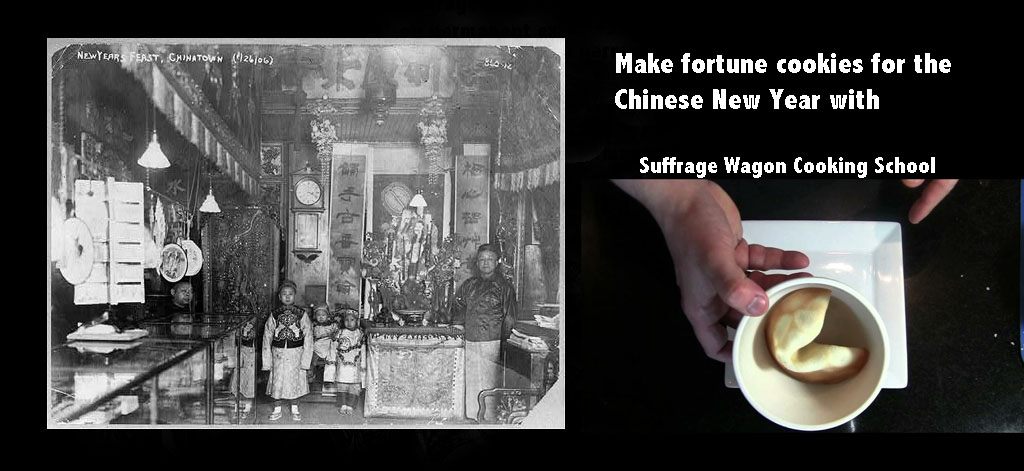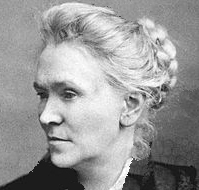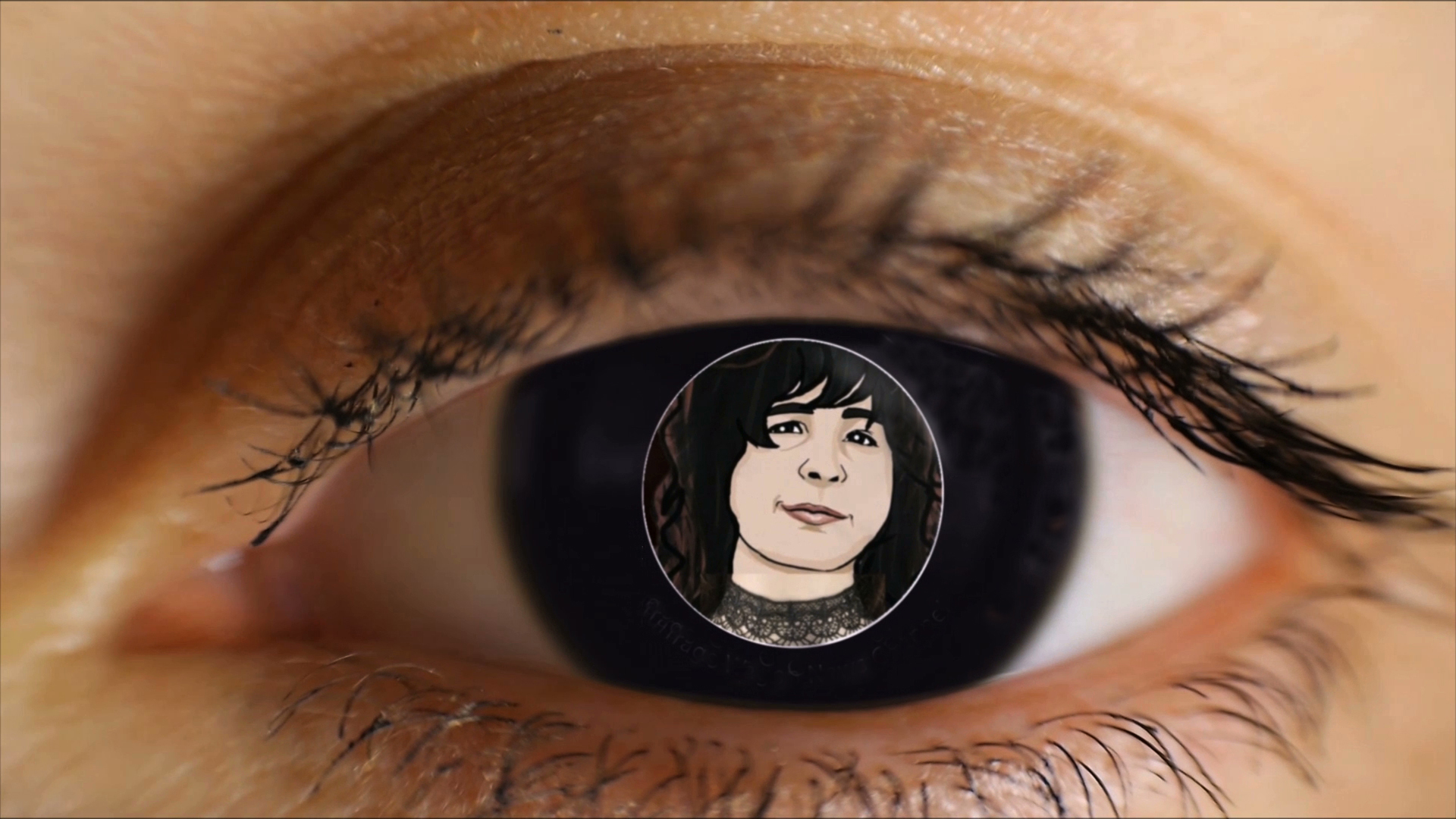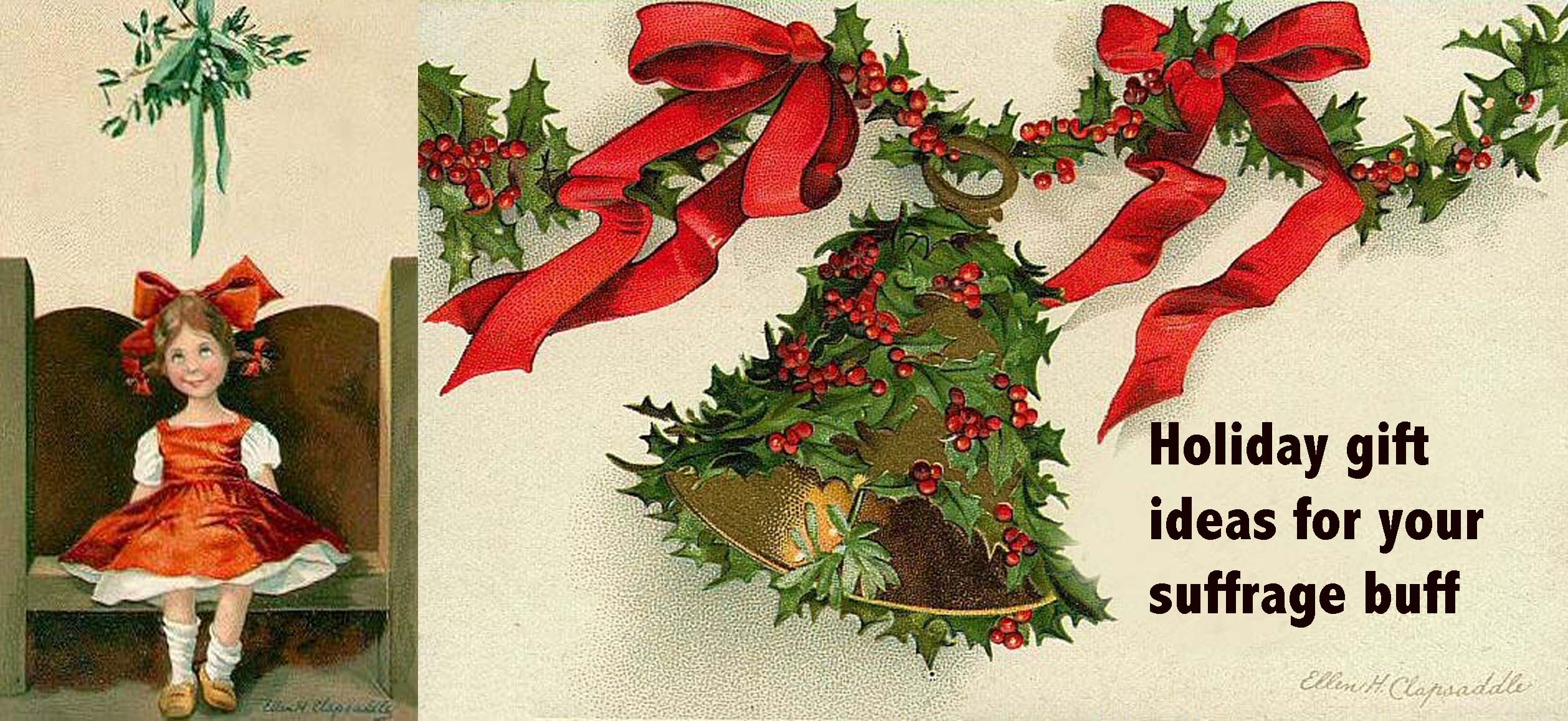I don’t know what it’s like where you are, but the snow’s lingering on the ground and one freezing day follows another. This is the time to listen to another installment of Doris Stevens and her first-person account of the suffrage movement. This isn’t a version written by a scholar years after the event. Doris was there in the thick of the action. And she tells the tale of what it was like to win Votes for Women, on the ground.
During my early years in elementary school, the suffrage movement had been summed up in a single sentence by my 8th grade social studies teacher who said: “And then in 1920, women were given the vote.” Even I knew that the teacher portrayed the accomplishment much differently than how it actually happened. Doris takes us along as she describes in Jailed for Freedom the tedious and persistent tasks engaged in by the suffragists. In this five-minute selection, Doris highlights how the suffragists lobbied U.S. President Woodrow Wilson. If they hadn’t persisted, the passage of the 19th amendment to the U.S. Constitution wouldn’t have been possible.
On this cold wintry night, treat yourself to this audio account by Doris that gives one respect for the hard work and sacrifice of tens of thousands of women, including grandmother Edna.




5 Responses
My honey and I are curling up in bed too while listening.
I’m a fan of storytelling. Stay with it!
More information about suffrage movement than I thought could be out there.
The suffrage movement was a very broad one which encompassed women and men with a very broad range of views. One major division, especially in Britain, was between suffragists, who sought to create change constitutionally, and suffragettes, who were more militant. There was also a diversity of views on a ‘woman’s place’. Some who campaigned for women’s suffrage felt that women were naturally kinder, gentler, and more concerned about weaker members of society, especially children. It was often assumed that women voters would have a civilising effect on politics and would tend to support controls on alcohol, for example. They believed that although a woman’s place was in the home, she should be able to influence laws which impacted upon that home. Other campaigners felt that men and women should be equal in every way and that there was no such thing as a woman’s ‘natural role’. There were also differences in opinion about other voters. Some campaigners felt that all adults were entitled to a vote, whether rich or poor, male or female, and regardless of race. Others saw women’s suffrage as a way of canceling out the votes of lower class or non-white men.
It seems to me that a whole lot of women spent years of their lives to make sure we are able to vote. It’s something I’ll be thinking about in 2012.